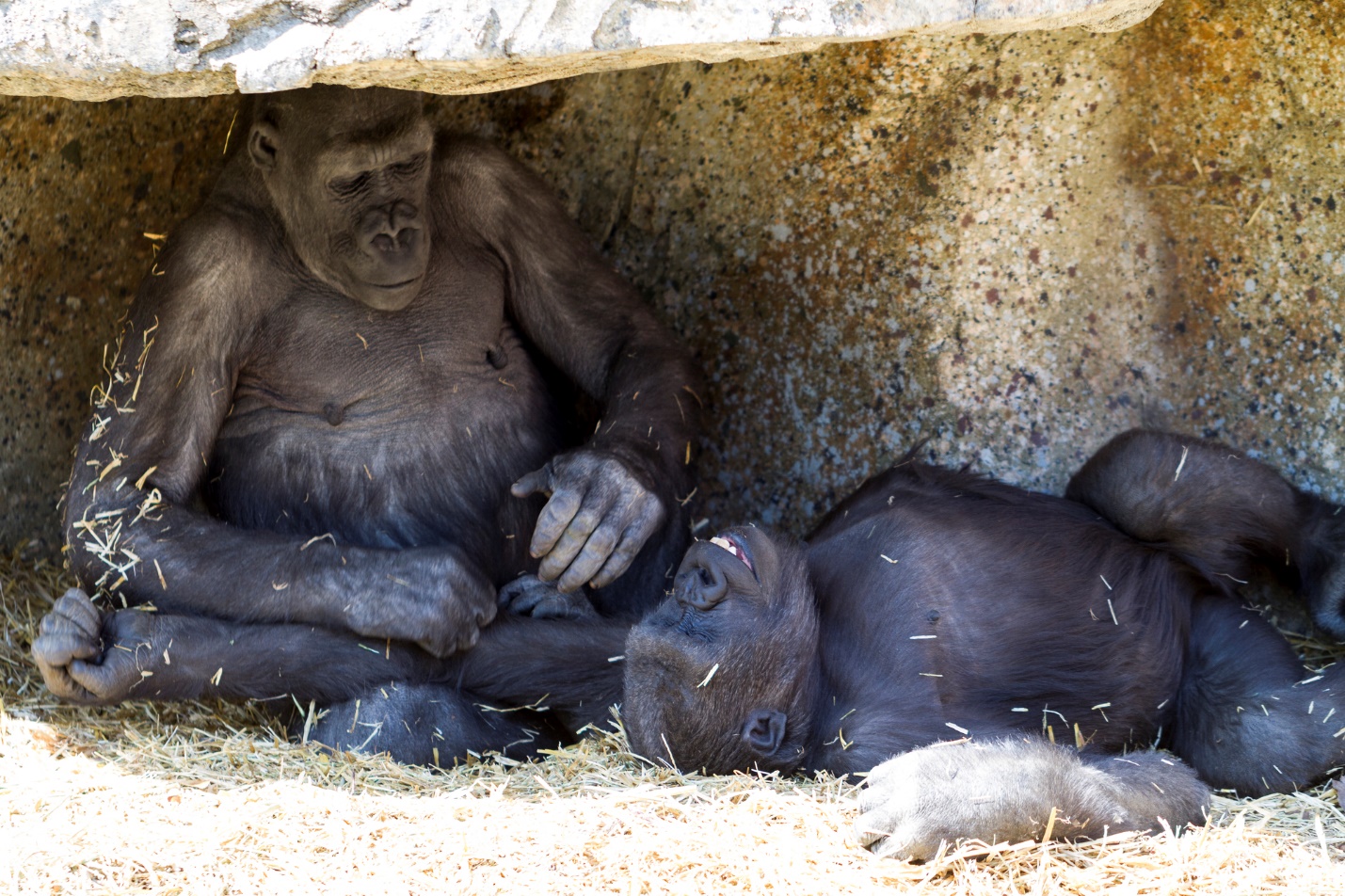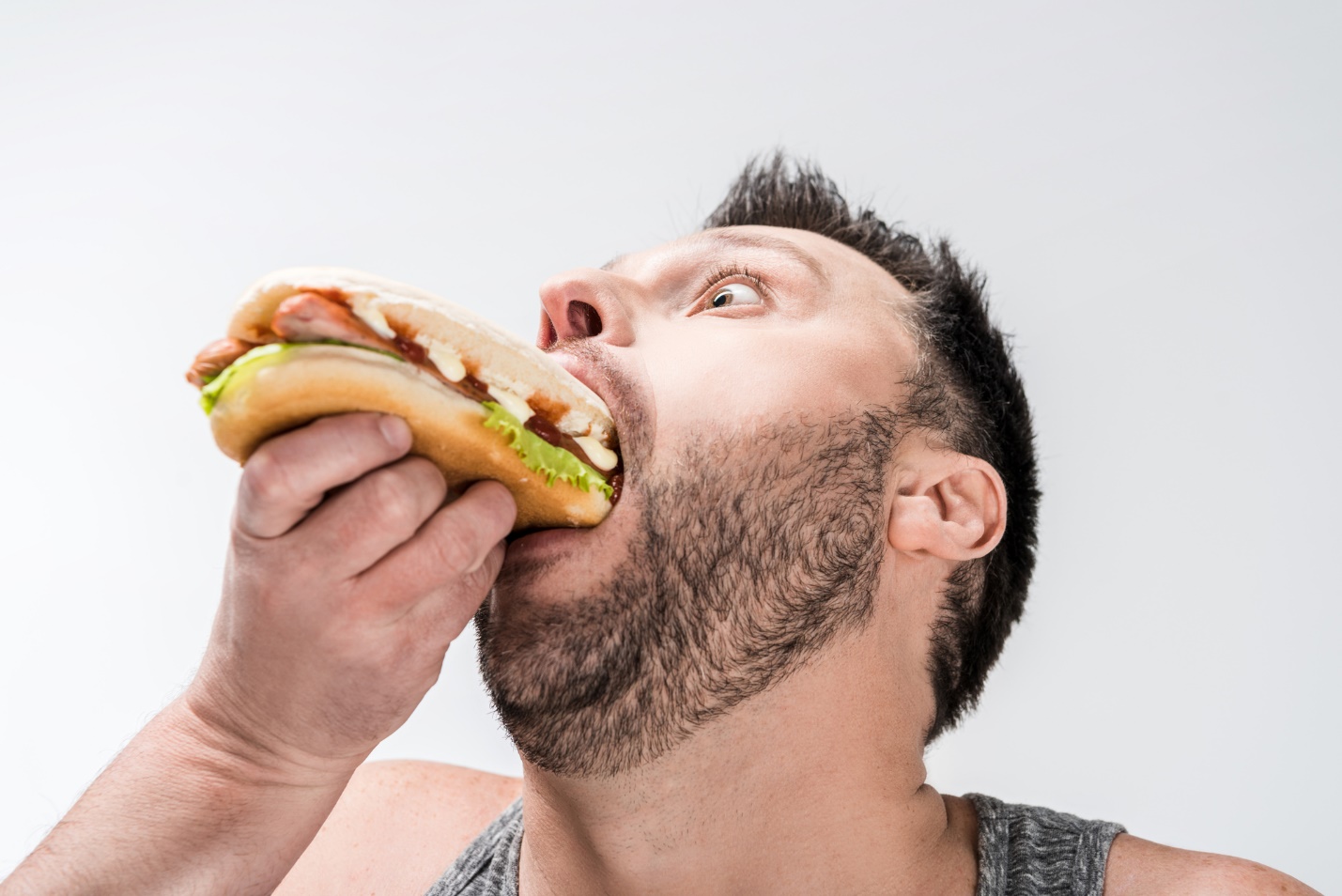BP 174
(First installment of two)

I am writing this post for everyone, as usual, but especially for those of you who had a parent (or possibly both parents) who took too much notice of you—in a bad way. Who gave your existence, your presence, too much power. Who indirectly or directly accused you of hurting them or treating them quite badly when your behaviors actually fell within normal lines.
You hurt them too much, they claimed. You were too disobedient, too abnormally stubborn. You were a massive disappointment to them in that you did not help heal the deficit left in the vault of their hearts by their own absent or abusive parents. These parents needed you to be far more than a child who was dependent on them. They needed you to be their friend, possibly even their parent, to give them the attention and love they didn’t receive from their own parents when they were a child.
[We’ve talked before about the parents who take too much notice of their children, reacting to them with oversized emotions, because the child touches the parents’ deep shame or simply because the parents need a scapegoat on which to project their badness–a receptacle into which they can pour their sin, rage, and unrighteousness and be done with it. These people often qualify as evil. See Scott Peck’s book, The People of the Lie. These individuals are willing to throw their own children into the fires of Gehenna simply to preserve their own appearance of righteousness.
Jesus said to those who scapegoated others back in His time, “Woe to you, scribes and Pharisees, hypocrites! For you clean the outside of the cup and the plate, but inside they are full of greed and self-indulgence. You blind Pharisee! First clean the inside of the cup and the plate, that the outside also may be clean. Woe to you, scribes and Pharisees, hypocrites! For you are like whitewashed tombs, which outwardly appear beautiful, but within are full of dead people’s bones and all uncleanness.”
These “upstanding” citizens of Jesus’ day laid their sins on the Beautiful Messenger who dared call out their sin. These murderous sinners made Jesus the evil one, the spawn of Satan, instead of being willing to look inside and own their own sin. They deftly took their exposed sin that was roiled up by Jesus and cast all the weight of it onto the Innocent One. Then they crucified Him for being so ungodly as to rip away their “curtain of innocence” that hid their shameful acts and thoughts. “Yes, to this day whenever Moses is read a veil lies over their hearts” ~ 2 Corinthians 3:15.
Ironically, or not ironically, but beautifully and mercifully, it was God’s exact plan from the beginning to send His Son to be the scapegoat for all people’s sins. The Pharisees simply fell into step with God’s sovereign and perfect plan of salvation: “But as it is, He has appeared once for all at the end of the ages to put away sin by the sacrifice of himself” ~ Hebrews 9:26.
There is not adequate space to say it well here, but all of us are the scapegoaters and the Pharisees–or we were at one time. Even as a believer, you still might occasionally respond as a scapegoater and sin against your child. The key point of distinction is that there are people who commit random acts of scapegoating that they feel remorse for and are mature enough to confess, and then there are those who live to blame others and project badness onto them. Notably, these people are never wrong. It is never their fault. They do not feel sorry for their actions. They do not seek forgiveness because they have not sinned.]

But today, we are not focusing our primary attention on the scapegoating, Pharisaical, evil parents who “sacrifice” the child (or crucify Jesus) for exposing their hidden, unconfessed sin. Here we are talking about the second variety of unhealthy parents, namely, those still emotionally hungry as so called “adults.” Included among the hungry are narcissists and some borderlines and those who never attached to their own parents or who experienced terrible trauma and neglect as children.
These unfortunate parents have been wounded quite extensively and have never healed. They are hungry to be esteemed as having great value because they feel that they have none at all.
Most of these parents are not evil (murderous) but they still can practice evil against others. They are often not hating but hurting and hungry. However, some of these hungry parents can still shame and reject the children who do not accommodate themselves to take care of the parent’s fragility. However, I do want to clearly state that there are some parents in this second category that can in their worst moment be annihilating—murderous of the child’s spirit.
Some of these wounded parents turn to their children for the validation and gratification they never received in their own childhood. As Alice Miller writes, “A person with this unsatisfied and unconscious (because it is repressed) need is compelled to attempt its gratification through substitute means. The most appropriate [available] objects for gratification are a parent’s own children.”
The hurting and hungry parent often does not look to their spouse to gratify them because their spouse has already demonstrated that he or she can’t or won’t fill that need. The spouse is too separate, too unwilling to become the parent of their own husband or wife, too insensitive and clueless to heal their damaged partner. Most likely, the spouse has already wounded them just as their parent had and had already been dismissed as a trustworthy host. A special “healer” is required. One who is caretaking, aware, and compliant.
One who has been trained from birth.
The truth is that everyone is going to retraumatize this emotionally deprived and hypersensitive parent sooner or later because they get hurt so easily. They never developed the skill of self-comfort and possibly not even empathy for the other person. It is all about them. If they are wounded, the issue is not the massive size of their wound or their practiced ability to self-reference but the uncaring attitude of the other person.

Also, every time they are disappointed by another person (friend, sibling, college roommate, dating partner, spouse) or even by God, they perceive the disappointment as harm, not as a hurt. They take every wounding action and devaluing failure personally. These occasions of perceived harm are consistently elevated to the level of the rejections, abandonments, and abuse they experienced as children (some of those misperceived as well).
When 89% of your skin is blistered with third degree burns from past unhealed suffering, the slightest touch can be perceived as an uncaring slap or a dismissal of one’s selfhood. A wound or devaluation of any kind is registered as further evidence that one is bad, shameful, unworthy, and unlovable. But also keep in mind the critical truth that some of these burns have migrated to the skin surface from deep inside the person, representing repressed emotions (DTFL refers to these manifestations as Leakage) from childhood that have fermented over time into things like hatred, jealousy, greed, and an intense competitive spirit that can even trickle down to the parent comparing herself to the child.
In the end, the wounded, rejected, or abused parent needs someone who can be shaped to deliver the perfect responses required to heal them over time. Someone malleable. Someone willing to become the perfect “mirror, mirror” on the wall for the insecure parent who must have someone who reacts to them in just the right way so they will never again feel the curse of crushing condemnation or the weight of being deemed unlovable.
So, the mission is clear: someone needs to redeem these emotionally underdeveloped parents and prove to them that they are still seen, loved, and desired. Special above all others. The child who is teachable and performs the role perfectly will be unconditionally valued! The chosen child-savior who fails at his or her role will be molded again and again by the parent through anger, abandonment, and shame until they learn to respond correctly.
Pity the child who does not learn and embrace the role. Also, pity the child who must radically accommodate herself to fit the role until she loses a sense of her God-given self—until she is compelled to send it away, a self-annihilation of sorts.
As we close our discussion today of the two types of parents who notice their children too much, remember that badness and the need to be loved is always at play for humans. Always. No matter what they say who claim that there is no God and thus no morality and therefore no sin or guilt or shame. No matter what they claim who say we are accidental beasts in an evolutionary world and so are living in a meaningless world where love is simply an evolutionary construct.

Humans are not sinners, and they are not lovers (with a hard-wired need to be loved), these individuals will assert. We are material beings (animals) with only biological needs to gratify. Spiritual needs and love are constructs concocted by accidental beings in a meaningless world to create a delusion of purpose.
Do you remember the DTFL post way back entitled Two Things? If not, that post mentions that as a human in this world, you only must do two things in this world, and you will be good to go. First, you must address the pre-existing emptiness in your soul (yes, your soul, not your brain or your physical body—you are a metaphysical being after all). You must fill the emptiness. Second, you must eradicate the pre-existing and ongoing badness in your soul.
Yes, if you deal with only these two things, you will have figured out why you’re here.
You may have already made the connection, but I allude to the Two Things today because they are manifested in the two types of parents we are talking about today.
The scapegoating parent senses palpable and crushing shame in their soul. They must find a way to expel their badness before it destroys them.
The hungry and hurting parent has not dealt with their need to be loved and seen. They are empty and need to be filled.
Both parents attempt to accomplish their end by turning to their child and using them more as an object than as a person to achieve their goal. Whenever a child is used and not loved, the child will suffer. Evil is anything that prevents the child from becoming who God made them to be. Evil is committed whenever a child is used by an adult—sexually or emotionally.

We will conclude today now that the two types of parents have been introduced. Next time we will look at clear examples of both the scapegoating parent and the hungry parent and determine why these mothers or fathers can be so damaging to the child’s development.
The application today would be the challenge to examine your own life for the presence of blaming others instead of seeing the sin inside your own heart and for the practice of loving others mainly or only for what they do for you.
“Whoever causes one of these little ones who believe in me to sin, it would be better for him if a great millstone were hung around his neck and he were thrown into the sea” ~ Mark 9:42.
